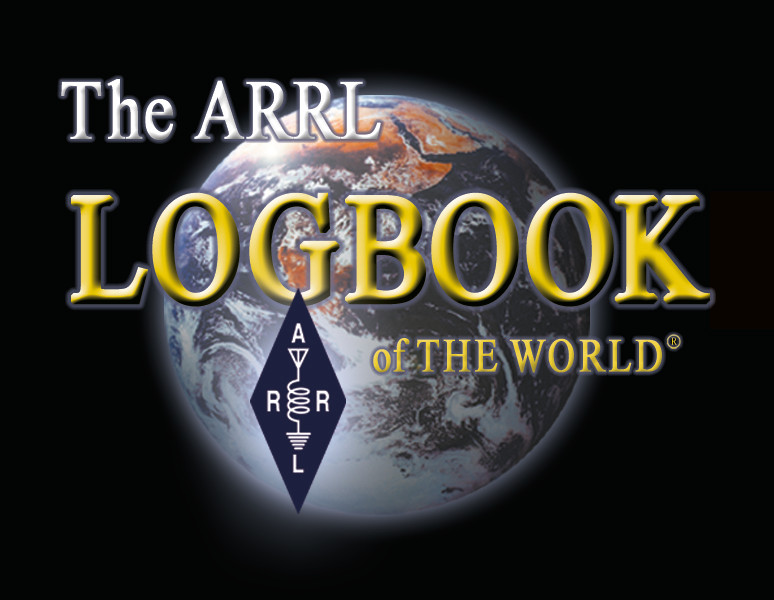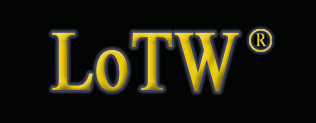TQSL Station Locations: an Example
This example illustrates an operator with two Station Locations: one for his home QTH, and one for a holiday operation in another DXCC entity. Dave K1ZZ would be issued a Callsign Certificate for K1ZZ, and would define the following Station Location for his home QTH in Coventry, CT:
- a Callsign Certificate: K1ZZ
- a DXCC entity: Continental US
- a State: CT
- a County: Tolland
- a Grid Square: FN31tt
- a CQ zone: 5
- an ITU zone: 8
Dave might name this Station Location K1ZZ-Coventry, incorporating both the callsign and the operating location for easy recall.
If Dave were to operate occasionally from the US Virgin Islands, he would obtain a Callsign Certificate for KP2/K1ZZ specifying the US Virgin Islands as its DXCC entity, and then define a second Station Location for a QTH in the town of Cruz Bay on the island of St. John:
- a Callsign Certificate: KP2/K1ZZ
- a DXCC entity: US Virgin Islands
- a Grid Square: FK78oh
- a CQ zone: 8
- an ITU zone: 11
- an IOTA Reference Number: NA-106
This Station Location might be named KP2/K1ZZ-CruzBay, again incorporating both the callsign and operating location.
When using TQSL to digitally sign a file of QSOs made from his home in Coventry, CT, Dave would select his K1ZZ-Coventry Station Location. When using TQSL to digitally sign a file of QSOs made from Cruz Bay, Dave would select his KP2/K1ZZ-CruzBay Station Location. TQSL would use this information to digitally sign the file and optionally upload it to LoTW.


